Books
14 Female Authors Who Were Ahead Of Their Time
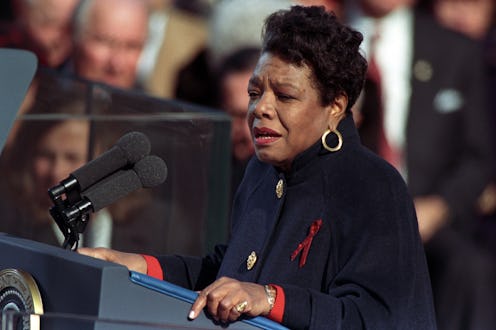
Let's get one thing straight: there would be no literature without women. I'm not saying that men didn't help—I'm just saying that without women, we wouldn't have science fiction, fantasy, memoirs, romance, poetry, experimental writing, investigative journalism, or novels, to name a few. The history of literature involves a lot of men setting the rules, and then a lot of women coming along to break them. Here are just a few of the many female authors who were years ahead of their time.
Of course, this list is nowhere near complete. After all, for most of history, any female writer was wildly ahead of her time simply by choosing to put pen to paper while also being a woman. A list of "proto-feminist" authors could easily number in the hundreds, from relatively modern writers like Kate Chopin and Margaret Mitchell all the way back to the 10th century playwright Hrotsvitha. This list merely skims the surface of the female authors who revolutionized genres, broke down barriers, and wrote the books that changed society forever.
So, whether you're planning to take part in the Day Without Women or not, let's all take a moment to remember the women who gave us literature as we know it:
1Murasaki Shikibu

Have you ever read a novel? Then you owe a huge debt to Murasaki Shikibu, author of the first "modern" novel. Murasaki was a shy, introverted writer and lady-in-waiting in the Imperial Court of Japan, around 1000 CE. Writing in Japanese was considered lowly women's work (real art was written in Chinese), but Murasaki decided to just go ahead and write the world's first novel anyway. Her book, The Tale of Genji, is a lengthy tome about a super hot prince named Genji and his various adventures/love affairs. It was also the first bestseller, so popular that even the Emperor read it.
2Sei Shōnagon

Murasaki wasn't the only writer at court, though. Sei Shōnagon was her contemporary and lifelong frenemy. Murasaki's diary calls Sei "dreadfully conceited," because Sei was the witty, brassy, sarcastic party girl to Murasaki's withdrawn novelist. Sei Shonagon was also ahead of her time when it came to writing, though: her collection of poetry, known as The Pillow Book reads eerily like a modern-day Tumblr of a collection of ancient Japanese listicles.
3Maya Angelou

Jumping a thousand years forward in time, we have Maya Angelou, the woman who reinvented the memoir. Living in our post-Angelou world, it's easy to forget that I Know Why the Caged Bird Sings revolutionized the genre of autobiography. Angelou actually wrote the book on a dare after her editor challenged her to write an autobiography that could be considered "high art." Her memoirs opened the door for other African American women to write candidly about their experiences, and blurred the line between biography, fiction, and poetry.
4Margaret Cavendish
Margaret Cavendish was a duchess, a poet, a philosopher, a scientist, a fashion icon, a playwright, an animal rights advocate, and a proto-science fiction author. She described herself as "bashful," but that didn't stop her from being the first women to attend the Royal Society of London in 1667. She argued that men and women should be considered intellectual equals, published dozens of papers on science and philosophy, and wrote the bonkers "utopian" story The Description of a New World Called the Blazing-World, which some consider to be the first ever example of science fiction.
5Mary Shelley
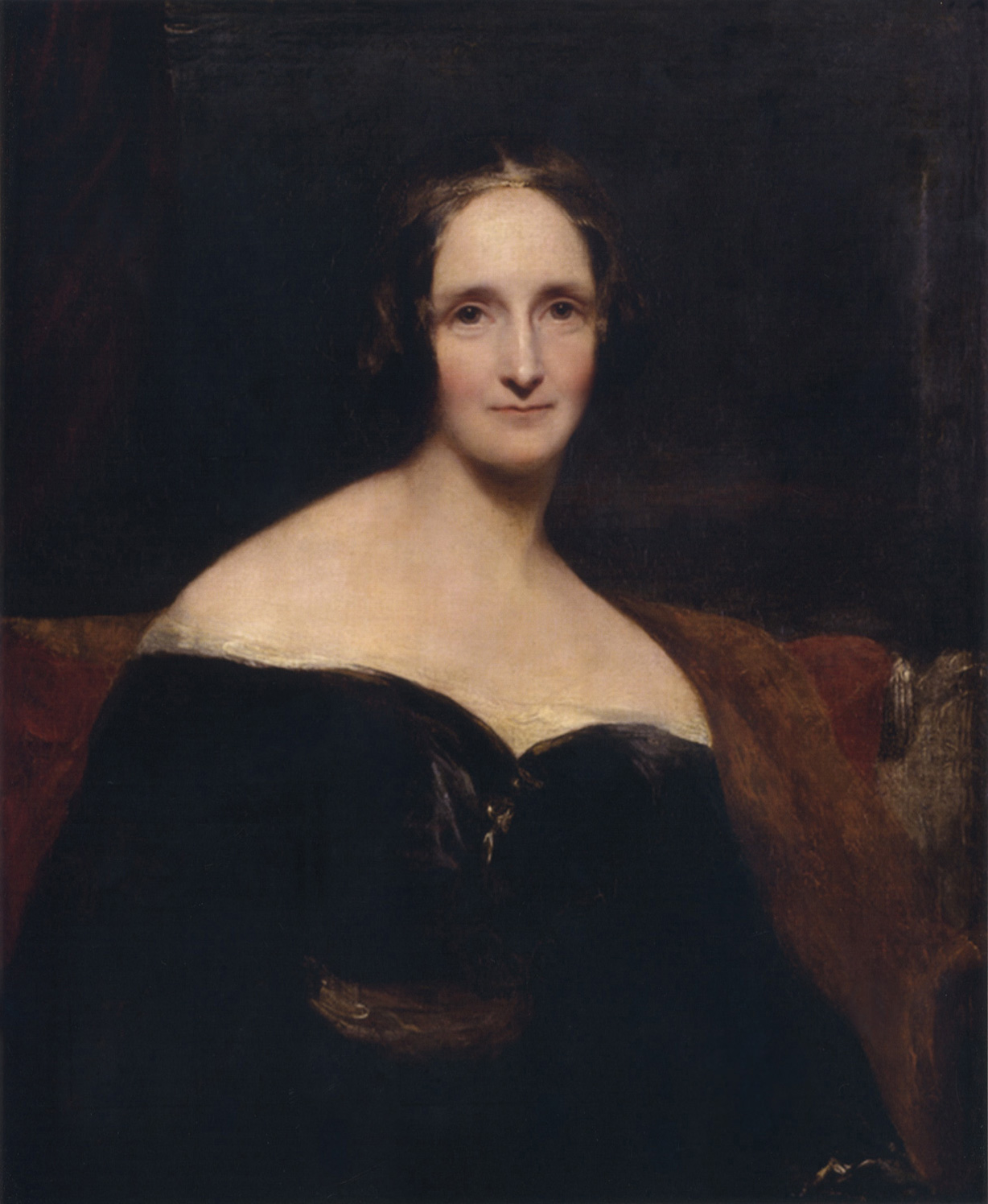
Of course, more people consider Frankenstein to be the first ever science fiction novel. Mary Shelley, the daughter of the early feminist author Mary Wollstonecraft, wrote Frankenstein when she was around eighteen years old. It was the first novel to take current technology (in this case, shocking dead bodies with electricity), and expand it into a work of speculative fiction. Not only did Frankenstein start the ball rolling on modern sci-fi, it has influenced nearly all of modern horror as well.
6Jane Austen
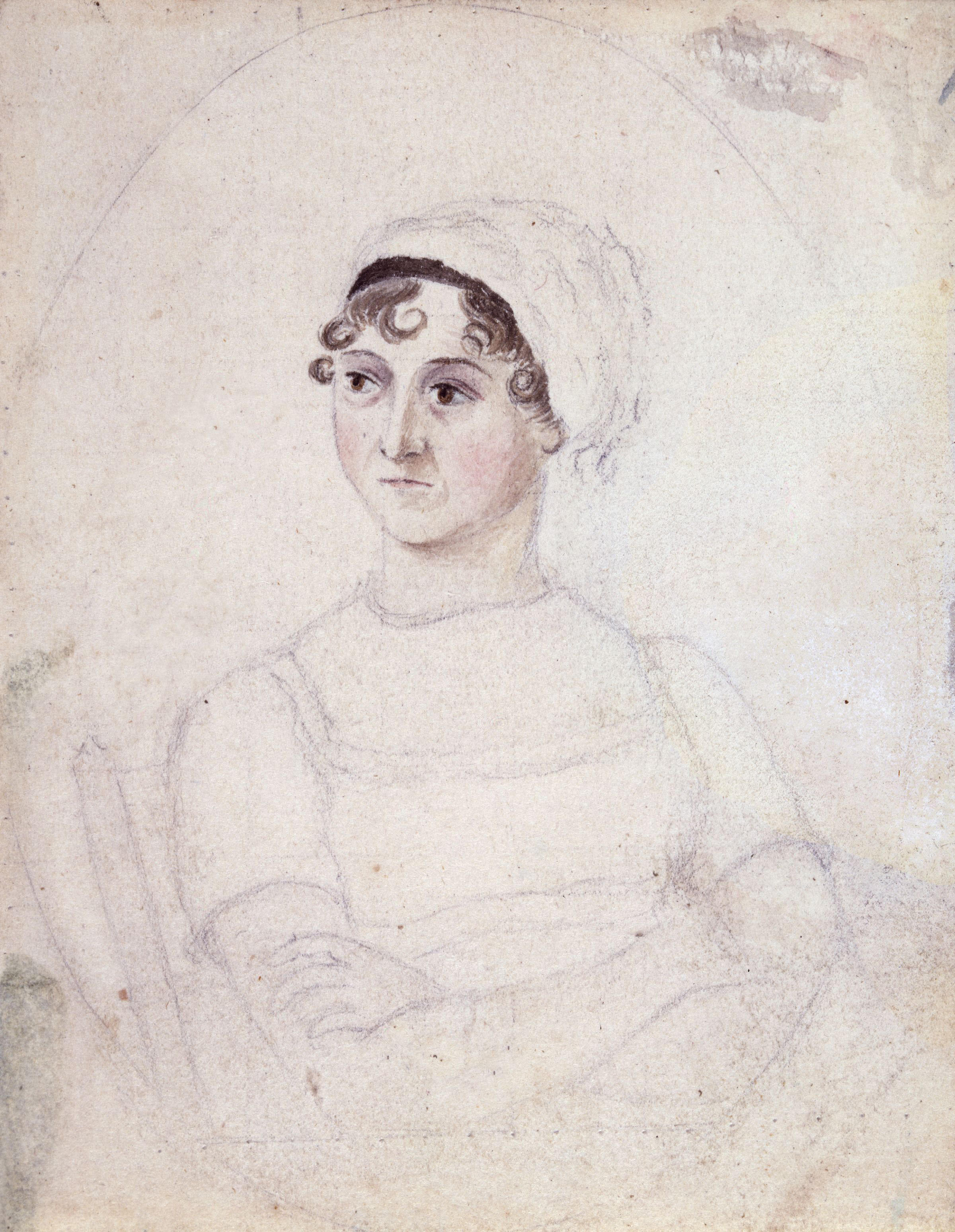
Jane Austen is easily one of the most recognizable female writers of all time. But while you were drooling over Mr. Darcy, did you notice that her novels helped usher in 19th-century literary realism? Austen's books are romantic and funny, sure, but they're also an exploration of women's dependence on the institution of marriage. Jane was injecting feminist values into her comedy of manners long before those values were considered mainstream.
7Phillis Wheatley
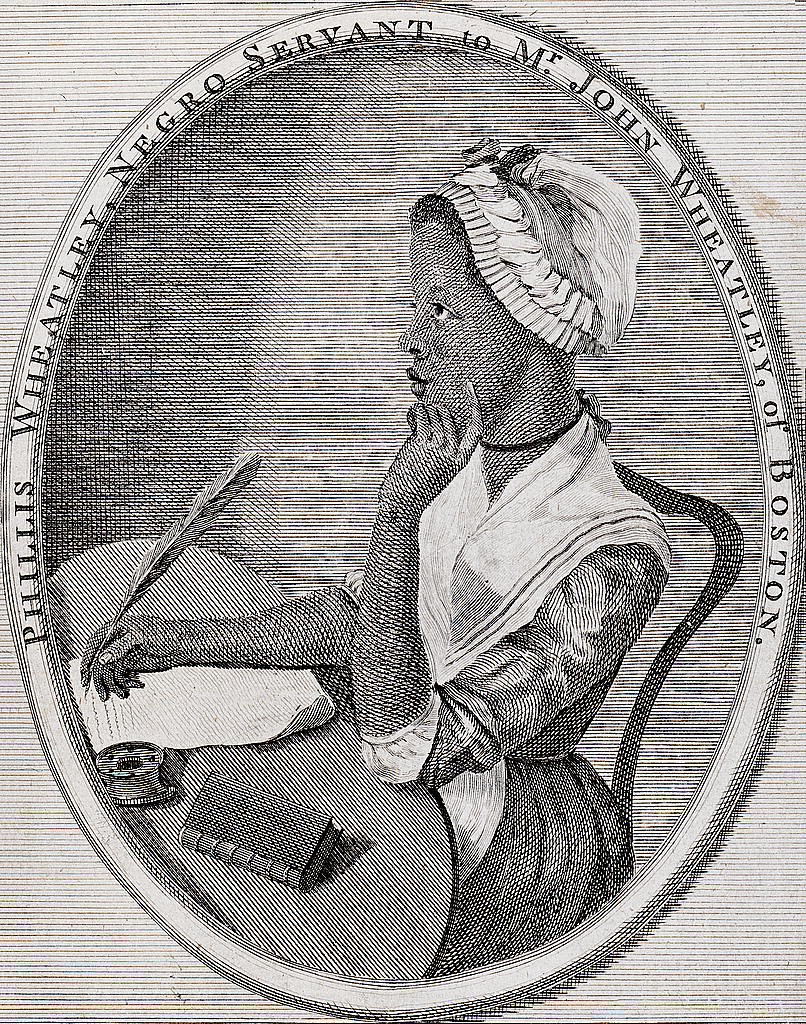
Phillis Wheatley was the first African-American woman to become a published poet. Not only was she ahead of her time in having her work published (George Washington was a fan), her poetry was groundbreaking in its own right. She often wrote on Christian themes, but her work also incorporates classic texts, her own life experience, and the solar worship of her parents' religion, creating a unique brand of writing all her own.
8Virginia Woolf

If you've ever gotten confused during a discussion of Modernism, you can (partially) blame Virginia Woolf. Her writing was exploring feminism and mental health way back in the '20s and '30s, and she was one of the major innovators of the English language. She experimented with stream-of-consciousness writing and the psychology of her characters, and she totally wrote a book from the point of view of a dog that one time.
9Nellie Bly

Nellie Bly was the mother of investigative journalism, a revolutionary nonfiction author, and a stone cold badass. She had herself committed to a mental institution so she could expose the abuse of the mentally ill from the inside (her book on the subject led to widespread mental health reforms). She traveled around the world in 72 days. She had a pet monkey. Her long-form journalism forever changed the field, and she also invented the stacking garbage can, because why not?
10Zora Neale Hurston
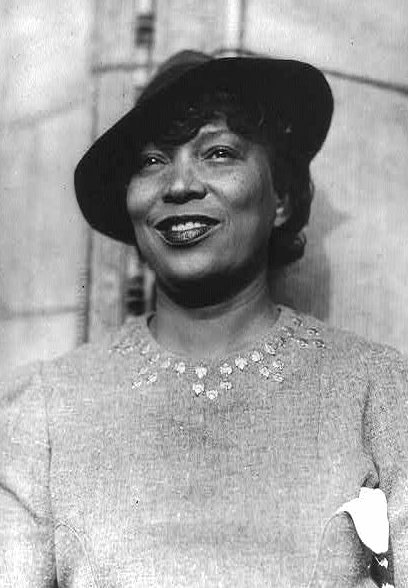
Zora Neale Hurston was a novelist, short story writer, folklorist, and anthropologist (when she wasn't teaching or collaborating on plays with Langston Hughes). She helped to create the genre of literary anthropology, and her books were groundbreaking (and highly controversial) because she wrote literary novels about African American characters who spoke in authentic African American dialects.
11Rosario Castellanos

Rosario Castellanos lost her parents at age fifteen. Left to fend for herself, she started writing puppet shows and newspaper columns, and advocating for the rights of indigenous peoples. Castellanos soon became one of the major voices of 20th Century Mexican literature, writing poetry, essays, novels, and plays exploring cultural and gender oppression in her country (and becoming the ambassador to Israel, for good measure).
12Harper Lee
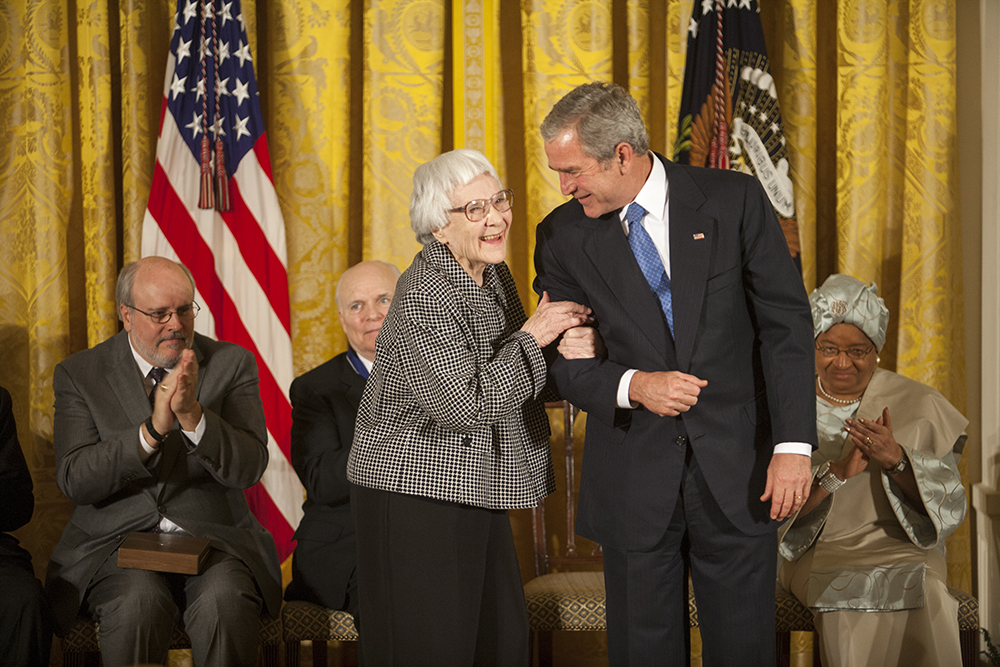
Harper Lee never intended to write one of the most groundbreaking novels in American literature. "I was hoping for a quick and merciful death at the hands of the reviewers," she said in one interview. Nevertheless, To Kill a Mockingbird quickly became a smash hit, and had an enormous impact on discussions of race and the legal system in America. It's even been cited as a factor in the success of the Civil Rights Movement.
13Charlotte Brontë
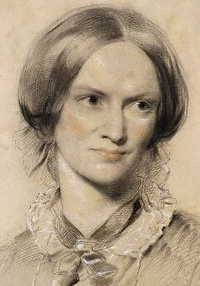
The Brontës were a weird and tragic family (all five of Charlotte's siblings died before she did). But there's no doubt that they had a huge impact on English literature—especially Charlotte. Jane Eyre was considered revolutionary in its day for being a creepy Gothic romance that was also intellectual with actual literary merit. Charlotte Brontë broadened the genre of what was considered "literary," and proved that women could write bestsellers (Jane Eyre actually increased in sales once it was revealed that Charlotte was a women, because it was now seen as a "scandalous book").
14Lili Elbe

You may have heard of Lili Elbe as "that Danish Girl" from the book and movie The Danish Girl, but Elbe actually penned her own story long before either of those works. Man into Woman, Lili Elbe's autobiography, is the non-Hollywood version of her life and gender transition. It was the first major published work of transgender literature, and it paved the way for future women to write their own stories.